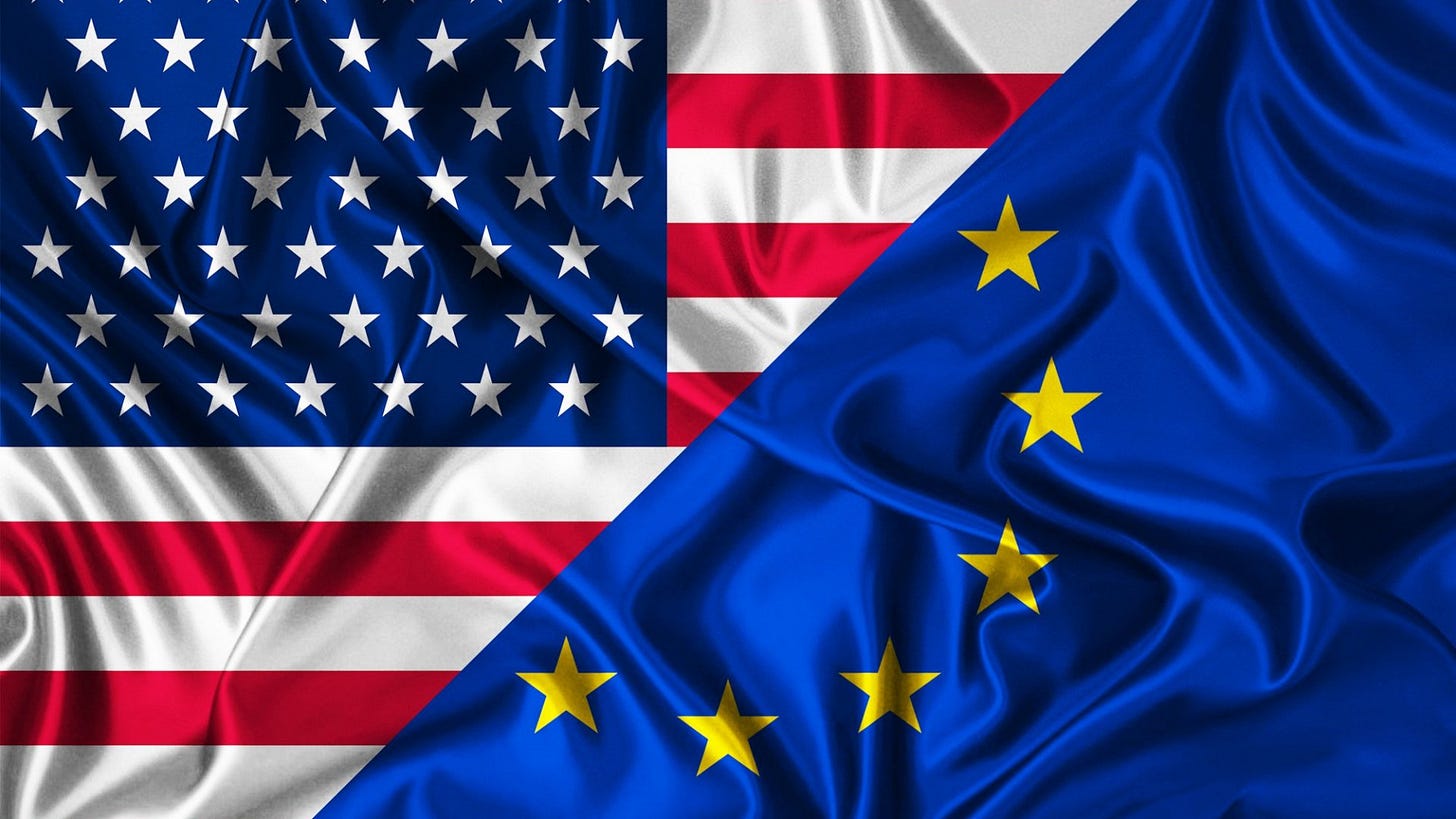Explaining Trump's Victory to Europe: The Values That Defined the Election
For Europeans who find themselves "shocked" and "surprised" by President-Elect Donald Trump's sweeping victory alongside Republican gains, allow me to explain. Much of this reaction stems from European media coverage, which has often painted Trump as unelectable and his policies as extreme. Political attitudes in Europe, shaped by a preference for conse…




